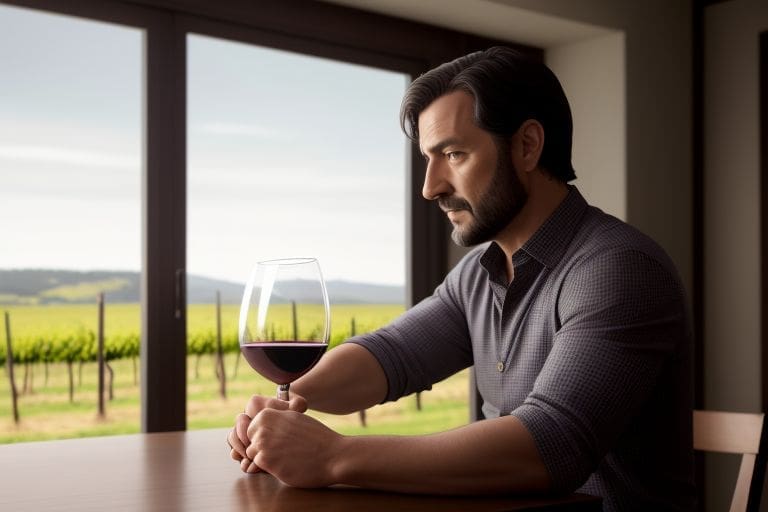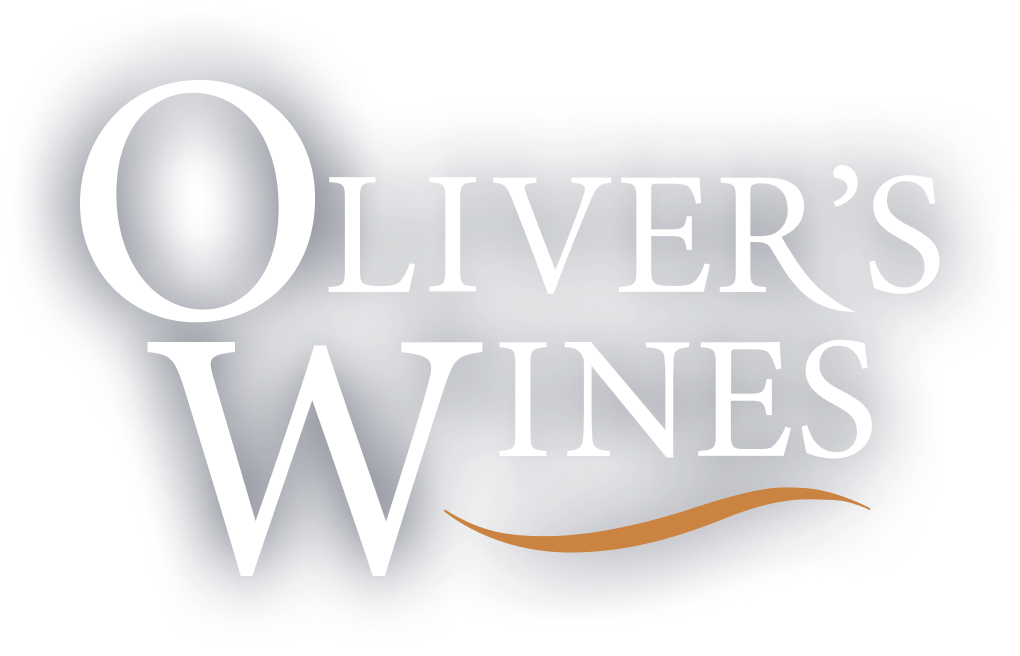You’re a wine critic, but who are you writing for? The wine producers? Yourself? Or just maybe, perhaps, your audience?
I’ve written a little about this over recent years, due to the gradual realignment of the business model of wine journalism towards ‘critics’ being paid by the very companies whose wines they are assessing. I’m disappointed that more of those in the know don’t call this out, but that’s their choice. On the other hand, the ‘critics’ typically shrug it off, saying they’re happy to take the makers’ coin if that’s the only way they can stay in the game. In other words, it’s all about them and their careers – just don’t let’s talk about integrity and who or what the consumer – or indeed the winemaker – is expected to believe. Or trust in.
Sadly, my interest in honesty and independence in wine criticism makes me rather a rare species these days. All of which makes me wonder at what on earth the English wine writer Jamie Goode might have been smoking while he penned a piece called Some wines are beyond criticism, something I’ve studied a few times before finally accepting that he actually wrote what he wrote.
There are so many headlines in this article that it’s almost impossible to list them without repeating the entire thing in its entirety. If you like, check out his site, Wine Anorak, and read it all here. Over the years I’ve often visited this website and have found it to be extremely helpful.
Largely written in the second person, it seems to offer advice to fellow wine critics regarding whether or not they should publish their honest ratings for famous or ‘very top’ wines, despite the fact that Goode himself regularly publishes scores for such wines. In fact, he begins the piece by trying to suggest he’s actually not a wine critic at all, because he does other stuff than simply rate wine. A smokescreen?
Anyway, Goode begins with the extraordinary assertion that ‘some wines are beyond criticism’. He says some wines are so famous if you think they’re no good ‘it’s probably best to stay quiet’. Citing the example of rating Grange in Australia, ‘the land of some very high scores’, he suggests that if you rate it below 95/100 ‘you will be on your own, and no one will give you credibility’.
Hang on a sec. I very publicly called out the 2000 Grange as a rubbish wine at its launch in 2005 at the SA Houses of Parliament in front of an audience of global wine media. I said it wasn’t as good as the new Jacob’s Creek and gave it 87/100. A few months later other critics began adjusting their scores downwards, significantly. I also called out the 1998 Hill of Grace for a major flaw. I could go on. In each case, the wines had previously been feted by virtually everyone else, for whatever reason. For what it’s worth, I rate the current 2019 Grange at 89/100.
Goode suggests that if you score poor releases of top wines honestly, people will doubt your ability as a taster. ‘Go below 95 and you will be on your own, and no one will give you credibility’, he writes. Yes, I’m often alone in my ratings and of course there are people who think I’m clueless as a taster. That’s their call and they’re entitled to believe whatever they want. I honestly don’t care.
If you’re honest with your ratings, the invitations do indeed dry up. Goode concurs, writing that if you give a top wine a low score, ‘you probably won’t be first on the invite list to taste it again’. Citing the example of a tasting of icon Champagnes, he argues that ‘if you are a Champagne specialist you need continued access to them’, and ‘It’s a difficult position to be in if you don’t think that some of the wines merit top scores’. So that’s what it’s about, eh? Your access above your integrity?
It seems so. He writes: ‘By all means taste these wines (it’s so interesting to benchmark) and by all means be critical, but if your score is low, then you will gain nothing publishing your results, your readers will gain nothing either, and you could end up never getting the chance to taste these sorts of wines again.’
I’m critical and can’t be otherwise. My audience is my readership, and they ultimately accept or reject my views. If I’m no good, I’m out of business. I’ll never accept that readers don’t benefit from a truthful opinion. Neither could I imagine toying with scores or failing to deliver one, because it would be patently obvious that I’d sold out.
I often look twice at the scores given by ‘critics’ to poor vintages of famous wines. It’s as if some labels can operate outside the rules by which others are judged. I think that’s wrong. Goode’s advice is that if you don’t think the wines merit top scores, be positive or don’t say anything at all. I couldn’t disagree more strongly. One of our roles as critics is to protect buyers from making poor decisions.
Regardless of its cost, its maker and the occasion at which it might be tasted, all wines deserve to be rated on the same scale. Proper critics should not be afraid to call out the big guns when it’s justified. Famous wines are just wines at the end of the day and should all be judged on the same basis as any other, even if it comes out of a box.
So it’s come to this. Highly rated wine critics are now writing articles to explain why they gaslight you. It’s so they can keep getting the invitations to the stage-managed red-carpet events, something they clearly rate more highly than communicating the truth to you, their audience. They’re also afraid of being called out by the pack of obedient cheerleaders who are happy to play the game. They’re afraid their reputations might suffer if they write what they think.
Talking about tasting unfinished young Bordeaux at the invitation of their chateaux, Goode writes: ‘Go any lower (than 96) and it is you who will look out of step, because you will be’. So go with the flow, keep your head down and next year you’ll still be on the guest list and you’ll have a wonderful time. But remind me please, who are you writing for?
While I recognise a vestige of honesty in the limited hangout presented by Jamie Goode, in which a dollop of truth is offered as an excuse for the omission of fact or opinion, his article leaves me both angry and sad.
Angry because he uses the route of self-justification to excuse what I interpret as critical dishonesty. Sad because I know it’s rife, and because too many people who read his piece will fall into the trap of forgiving someone who is explaining with perfect clarity how it’s more important for him to attend the next shindig than it is to tell the truth as he knows it.
I’ll sign off with the two thoughts that have never left my head since I first wrote Thirst for Knowledge in 1984. It’s a critic’s job to criticise and a wine critic’s only audience is the wine buyer. Not the maker, and certainly not him or herself.













